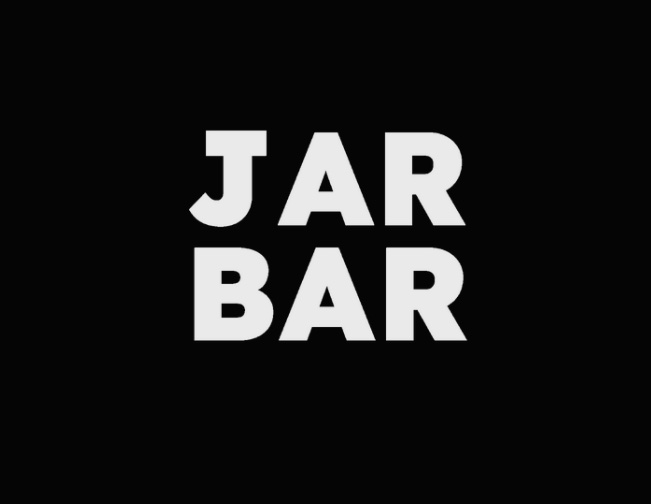
JAR BAR
Jar Bar aimed to revolutionize instant healthy dining by offering 24/7 access to nutritious meals through smart fridges with self-service payment systems. Targeting coworking spaces and offices, it addressed the lack of healthy vending options, launching an MVP at IDEA Spaces, Lisbon.
Challenge
Coworking spaces and offices lacked healthy, accessible food options, with vending machines offering only unhealthy snacks. Scaling required significant capital for fridge production and logistics.
Solution
I founded Jar Bar to fill this gap with smart fridges serving fresh, healthy meals. The MVP validated demand, achieving a 3% conversion and €7 AOV, but revealed funding constraints. I optimized the model by identifying MAP packaging and high-traffic locations (500+ daily) as critical for success, providing clear scalability insights despite the pause. Connection: This entrepreneurial focus on rapid testing and customer-driven iteration informed my later strategies at Inspiriko and Foodello, where I prioritized data-driven growth.
Approach
Concept DevelopmentInitial phase
Developed the MVP concept for healthy meal fridges with integrated payment systems.
MVP LaunchTesting phase
Launched and tested the MVP at IDEA Spaces to refine menu offerings based on customer feedback.
Analysis & OptimizationFinal phase
Analyzed operational challenges, leading to strategic pivots before pausing due to funding needs.
Results
- Achieved 3% conversion rate with an average order value (AOV) of €7
- Recorded foot traffic of 300 daily visitors
- Identified key learnings: MAP packaging for meals, low-competition locations, and minimum 500 daily foot traffic per fridge